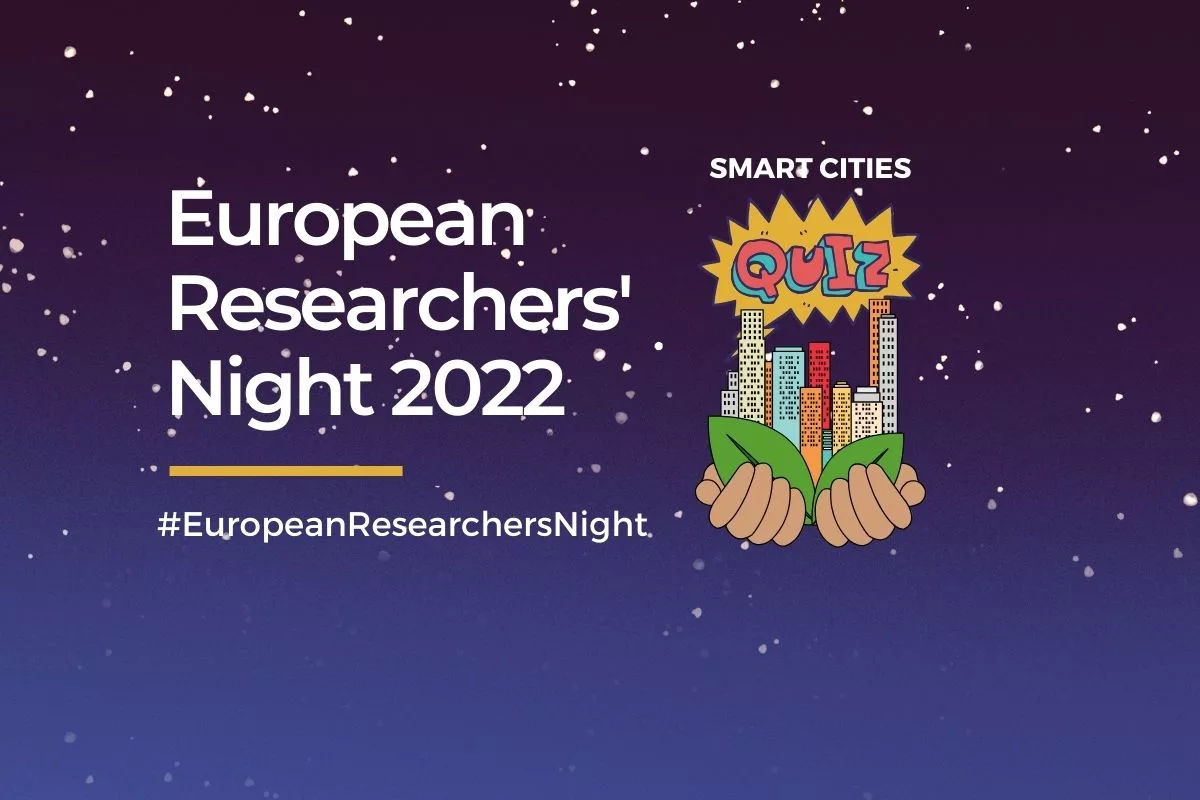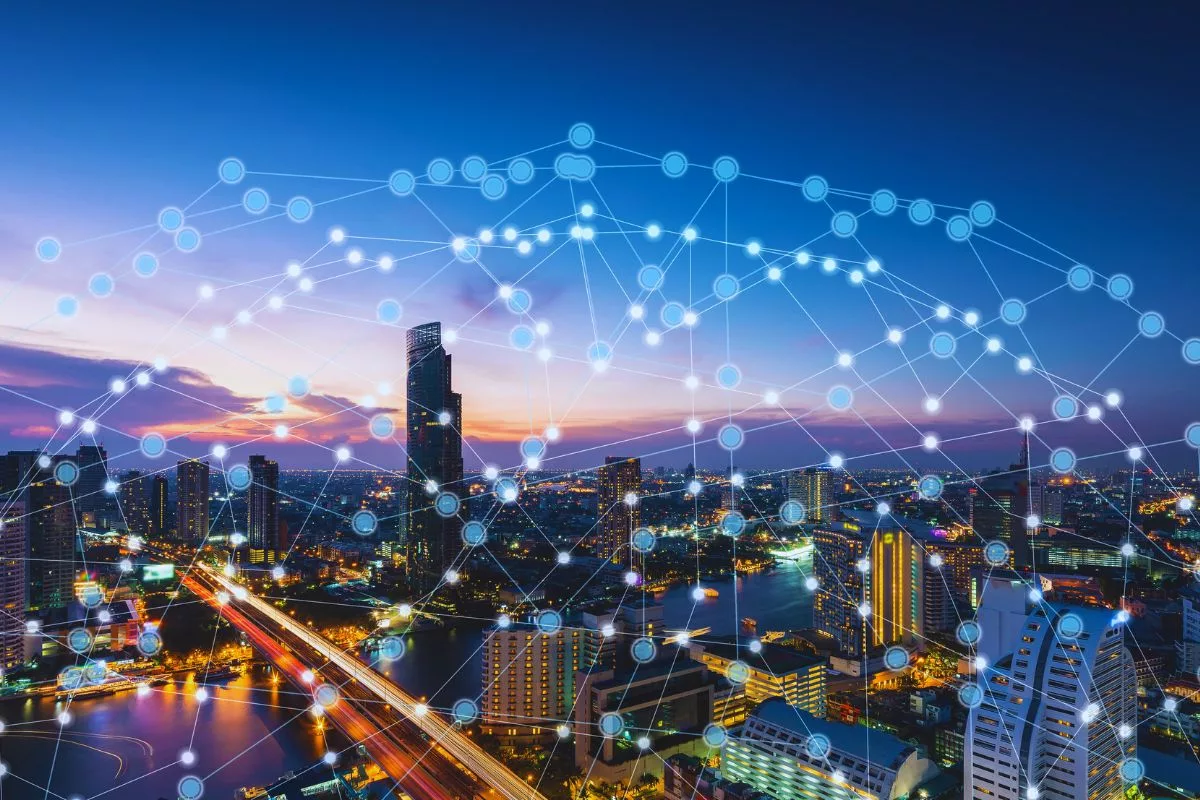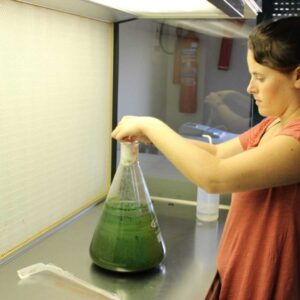European Researchers’ Night 2022


Like every September, Ulysseus is joining once more the European Researchers’ Night. This is a public event celebrated across Europe where a wealth of experts bring science to the wider public in a fun and inspiring ways.
European Researchers’ Night is an annual event of paramount importance in Europe, designed to celebrate and promote the significant role of research and innovation in our society. Held on the last Friday of September, this event engages the public in a continent-wide showcase of the achievements and ongoing projects of researchers across Europe. The primary objective of European Researchers’ Night is to bridge the gap between researchers and the general public, fostering a deeper understanding and appreciation of scientific endeavours. By providing an interactive and accessible platform, it demystifies the research process and highlights its impact on everyday life, from technological advancements to health improvements and environmental sustainability.
Another critical aim of this event is to inspire the next generation of scientists. Through engaging activities such as hands-on experiments, interactive demonstrations, and quizzes, children and young adults are encouraged to explore the wonders of science and consider careers in research. European Researchers’ Night also emphasizes the collaborative nature of research in Europe, showcasing the diverse, multicultural, and interdisciplinary teams that drive scientific progress. By bringing together researchers, educators, policymakers, and the public, this event fosters a sense of community and shared purpose in addressing global challenges, reinforcing the vital role of research in shaping a better future for all.


Full Professor in the Energy Engineering Department of the University of Seville (Spain)
His research is focused on thermal energy systems: design, development, and optimization. Its current main activity can be classified into two wide groups: energy storage systems and Low Carbon Economy systems. His R&D interest areas integrate the development of novel materials and thermal systems for sustainable energy systems applications. Since 2006 he has had more than one hundred publications in Scopus and more than 80 contributions to international congresses. They are directly linked to his R&D activity in more than 80 R&D collaborative projects with the energy and transport industries. They include seven European Union, three national and two regional funded projects. They were oriented to product development, analysis or optimization of energy storage systems, concentrated solar systems, biomass burners, bifacial PVs, CHP district heating and cooling networks and sustainability education. Recently he has coordinated the H2020 Project SOCRATCES, GA 727348 for a novel concept of a thermochemical energy storage system based on Calcium looping to integrate into concentrating solar power plants and under execution is the project ECF4CLIM ( GA 101036505) for developing a European competence framework for a low carbon economy and sustainability through education.

Postdoc Fellow at University of Seville (Spain)
Beatriz Roncero Ramos holds a PhD in Applied Environmental Sciences by the University of Almeria and holds a BSc in Biotechnology by the University Pablo de Olavide (Seville). Currently, she is a Postdoc Fellow at the University of Seville. Her thesis focused on the study of cyanobacteria colonizing biocrusts, their cultivation in the laboratory, and their use as inoculum to restore degraded soils in arid areas. Her research concentrates on the restoration of arid zones through the inoculation of cyanobacteria. Beatriz has isolated strains of cyanobacteria colonizing biocrusts in the province of Almeria, identifying them genetically and morphologically. Her work includes studying cyanobacterial populations in biocrusts through massive sequencing, scaling these strains in bioreactors, and inoculating them into soils for laboratory degradation studies. Beatriz has always had a passion for science because it allows continuous learning, discovery, and the development of creativity. This passion drove her to choose and persist in this profession.

COMPASS: Leading Ulysseus to become a European University excellence model through Research and Innovation” is a Horizon 2020 project of Ulysseus and the flagship for its R&I agenda and strategy.
COMPASS has received funding from the European Union’s Horizon 2020 research and innovation programme under the grant agreement No 101035809. The views and opinions expressed in this communication are the sole responsibility of the authors and do not necessarily reflect the views of the European Commission.